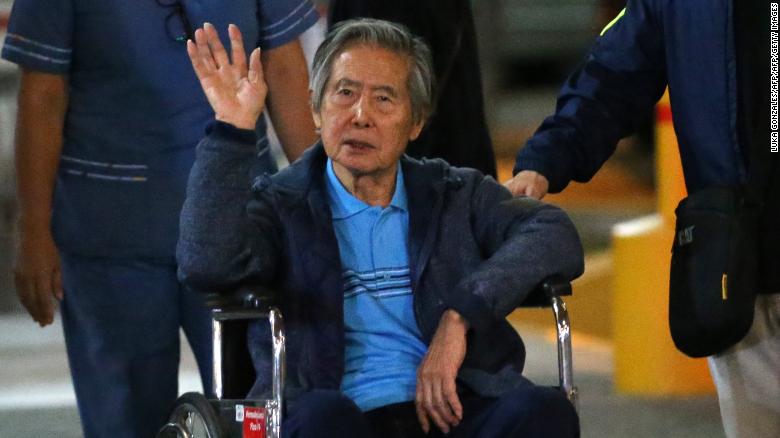By: Emily Green
Impunity Watch Reporter, South America
CUCUTA, Colombia – The mass exodus of Venezuelans desperate to leave their country are overwhelming the continent. Venezuela has spurred one of the biggest migration crises in Latin American history.
The International Organization for migration reports that nearly one million Venezuelans have left their country over the past two years, with a surge during the second half of 2017 when the economy took a hit. One immigration expert, Tomas Paez, says that “our migration levels are now comparable to Syria or to Bangladesh.”
Colombia’s border cities are taking the worst of the crisis. Roughly 250,000 migrants have crossed the border into Colombia since August, with 3,000 still arriving every day. Approximately 3,000 troops are fanning out across the 1,400-mile border in an effort to contain the migration. The government had to suspend the issuance of temporary visas for Venezuelans last month. It has begun operations to capture and expel illegal immigrants. The regional director of a Catholic charity in Colombia, Willington Munoz Sierra, considers this a humanitarian crisis. He says, “In Venezuela, children are dying. People are starving and being persecuted. What they’re getting from us is a door in the face.”
Similarly, Brazil has declared a state of “social emergency” in response to the massive influx of migrants. In recent months, 40,000 Venezuelans have poured across Brazil’s northern border. The migration has stressed infrastructure and caused security concerns. Residents in border cities worry about crime and Venezuelans taking away jobs. Brazilian President Michel Temer assessed the crises and suggested that some migrants could be moved to other states. Still, he insisted that Brazil would not turn its back on the refugees and pledged $20 million to the cause. The military has doubled its troops in border areas and established a field hospital for migrants.
All Latin American nations are feeling the impact of the crisis to some extent. Peru has seen the largest percentage increase in Venezuelan population. From 2015 to 2017, it increased 1,388%. In response, Peru is offering temporary resident permits to Venezuelans which grants them the right to work. Likewise, Panama has been overwhelmed with Venezuelans. It has imposed new visa requirements making it more difficult for migrants to be granted asylum.
Jozef Merkx, representative for the U.N. high commissioner for refugees in Colombia, said the agency is concerned about the operations that expel migrants lacking valid visas. However, it is harder to classify its people as refugees in need of international protection because Venezuela is not at war. He says, “People fleeing Syria were generally seen as refugees, but that’s not the case with Venezuelans. Venezuela is not being bombed. It has some of the dimensions [of a refugee crisis], but not all Venezuelans are refugees.”
For more information, please see:
Chicago Tribune – Venezuelans are fleeing their crisis-torn country en masse – 3 March 2018
Washington Post – The Crisis Next Door – 2 March 2018
Reuters – Special report: A journey on a caravan of misery – 2 March 2018
DW – Brazil to declare ’emergency’ in response to Venezuela migrant influx – 16 February 2018



